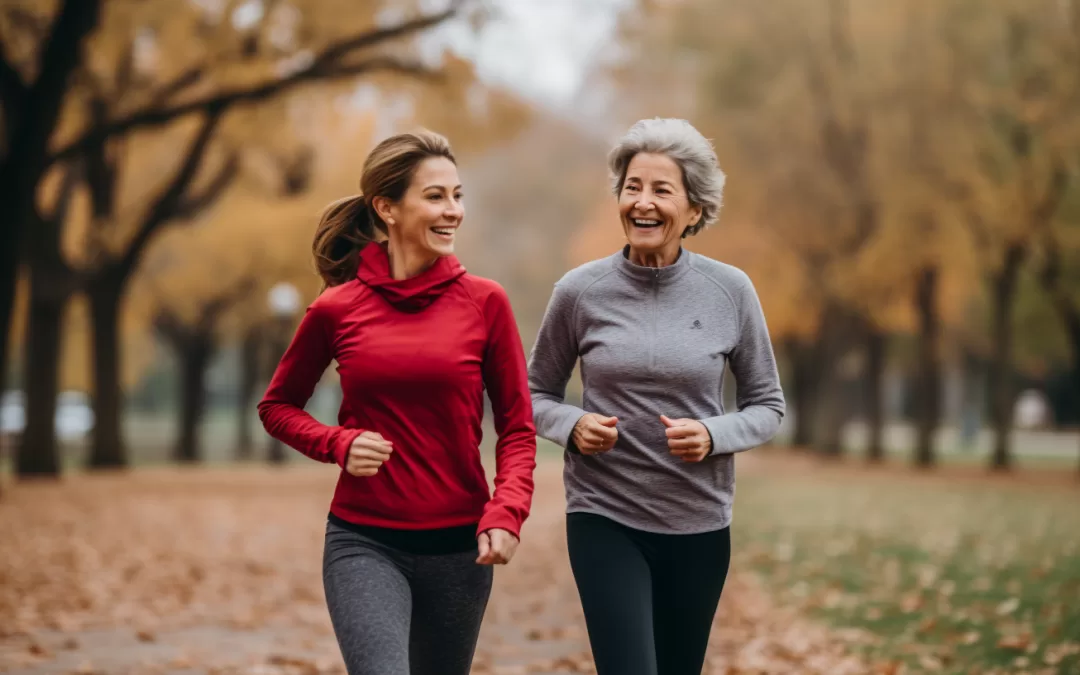As the years pass by, our bodies undergo inevitable changes, especially for women. Hormonal shifts, changes in metabolism, and alterations in bone density are just a few of the transformations that occur as we age.
While these changes are a natural part of life, they can also bring about certain challenges to our health and well-being. One of the most effective ways to navigate these changes and maintain good health is through regular exercise.
Benefits of exercise for women
Exercise is not just about looking good; it’s about feeling good and ensuring that our bodies remain strong and functional as we age. This holds true for women, who often face unique health concerns as they grow older. Here are several reasons why exercise is crucial for women as they age:
- Maintaining Bone Health: Osteoporosis, a condition characterized by fragile bones, is more prevalent in women than in men. As estrogen levels decline with age, women become more susceptible to bone loss. Weight-bearing exercises such as walking, jogging, and strength training can help preserve bone density and reduce the risk of fractures.
- Managing Weight and Metabolism: Metabolism tends to slow down with age, making weight management more challenging. Regular physical activity can help boost metabolism, burn calories, and maintain a healthy weight.
- Enhancing Mental Well-being: The benefits of exercise extend beyond the physical realm; they also encompass mental health. Regular exercise has been shown to reduce symptoms of anxiety, depression, and stress, fostering better mental resilience and overall emotional health.
- Promoting Hormonal Balance: Hormonal fluctuations during menopause can result in various symptoms such as hot flashes, mood swings, and sleep disturbances. Exercise can help alleviate these symptoms by regulating hormone levels, improving sleep quality, and enhancing mood stability.
- Boosting Cognitive Function: Cognitive decline is a common concern as women age. Engaging in regular physical activity has been linked to improved cognitive function and a reduced risk of cognitive impairment and dementia. Exercise increases blood flow to the brain, promotes the growth of new neurons, and enhances cognitive abilities such as memory and attention.
In conclusion, exercise is a vital component of healthy aging for women. It offers many benefits, including preserving bone health, preventing muscle loss, managing weight, enhancing mental well-being, promoting hormonal balance, boosting cognitive function, fostering social connections, and empowering independence.
By making exercise a priority and incorporating it into their daily lives, women can proactively safeguard their health and vitality as they navigate the journey of aging.
Remember, it’s never too late to start reaping the rewards of an active lifestyle. With indi, you can prioritize your fitness and get moving.

